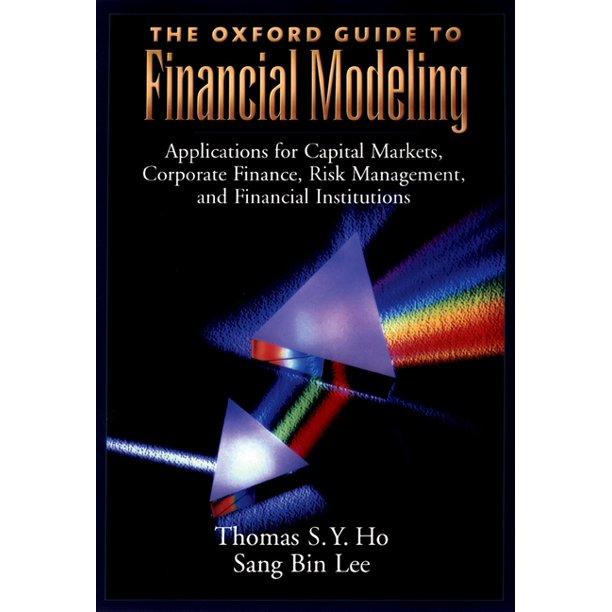Answered step by step
Verified Expert Solution
Question
1 Approved Answer
Plz help me solve this question a) Consider a one-period binomial model with parameters pu=0.4,pd=0.6,r=ln(1.1),T=1, d=0.9,u=1.05,S0=10. Is there arbitrage? Why? Can you construct a strategy
Plz help me solve this question 
a) Consider a one-period binomial model with parameters pu=0.4,pd=0.6,r=ln(1.1),T=1, d=0.9,u=1.05,S0=10. Is there arbitrage? Why? Can you construct a strategy to exploit the arbitrage opportunity? b) If all other parameters are kept fix: What is the interval of interest rates r that do not allow for arbitrage? c) Consider the parameters from a) and set u=1.1 (instead of 1.05 ) as well as r=0 (instead of ln(1.1) ). Moreover, assume there is a second intermediate period (i.e., the market can change by the factor d or u between times 0 and 0.5 and between 0.5 and 1). In this two-period binomial model, compute the price of an at-the-money Lookback Option with payoff (S0.5,S1):=(max{S0,S0.5,S1}10)+ a) Consider a one-period binomial model with parameters pu=0.4,pd=0.6,r=ln(1.1),T=1, d=0.9,u=1.05,S0=10. Is there arbitrage? Why? Can you construct a strategy to exploit the arbitrage opportunity? b) If all other parameters are kept fix: What is the interval of interest rates r that do not allow for arbitrage? c) Consider the parameters from a) and set u=1.1 (instead of 1.05 ) as well as r=0 (instead of ln(1.1) ). Moreover, assume there is a second intermediate period (i.e., the market can change by the factor d or u between times 0 and 0.5 and between 0.5 and 1). In this two-period binomial model, compute the price of an at-the-money Lookback Option with payoff (S0.5,S1):=(max{S0,S0.5,S1}10)+ 
Step by Step Solution
There are 3 Steps involved in it
Step: 1

Get Instant Access to Expert-Tailored Solutions
See step-by-step solutions with expert insights and AI powered tools for academic success
Step: 2

Step: 3

Ace Your Homework with AI
Get the answers you need in no time with our AI-driven, step-by-step assistance
Get Started


